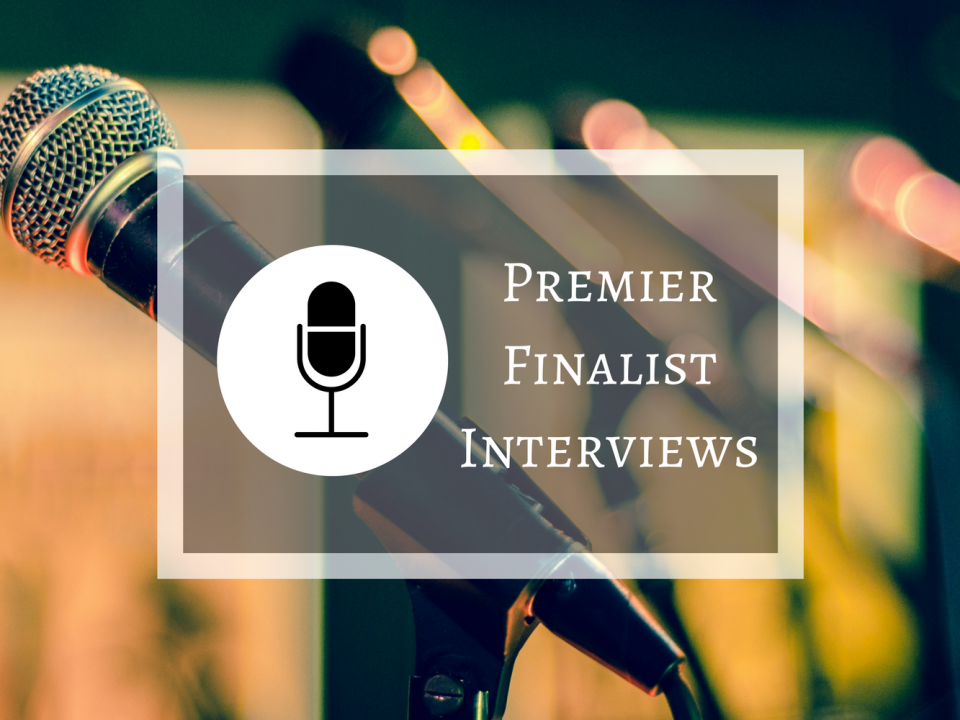Approaching a New Topic: Q and A with Travis Chen

PDT interviews Travis Chen, a successful debater who is the reigning champion at VBT and recently ended his career in quarterfinals of the TOC. We ask what he thinks about starting casing on a new topic, researching, and how debates differ at the early tournaments.
PDT: Travis, you always seemed to be pretty deep on your understanding of the topic literature. When you first started preparing for a topic, would you write positions by first reading and researching or by think about what positions you wanted to write and finding research to support them? Which do you recommend?
Travis: I would do a combination – sometimes a strategic (or so I initially thought) idea would immediately spring to mind and I would try to do research around that, and sometimes I would craft positions around the research I did. In general, I definitely believe that first reading and researching, then crafting a position around that research, i.e. the “bottom-up approach,” is preferable. The contrary, “top-down” approach, makes research too narrow-minded, centering ones focus around a single possible position instead of the best positions supported by the literature. Also, you are more likely to discover nuances in the literature that allow you to holistically understand the topic and defend your position better by using the “bottom-up” approach.
PDT: How many positions would you have ready for the first tournament? Is it better to write a bunch of different affs and negs or be deep on just one for each side?
Travis: I would usually have one or two affs and a quantity of neg positions dependent on the topic (and how lazy I was). I think that especially for the first tournament, people are less likely to have the greatest, most specific prep, so it’s more strategic to invest time in understanding and frontlining your best position as opposed to writing a bunch of different ones. It might be worthwhile to invest time in a second aff or neg, perhaps for elims, for both the shock value and practice for future tournaments.
PDT: How do you anticipate what other debaters will read before the first tournament? Do you spend a lot of time blocking before you know what they’re going to run?
Travis: In the first tournament especially, debaters are more likely to either rely on their generic strategies, i.e. similar positions to those that they’ve been comfortable running on other topics, or more “stock” positions. With that in mind, I would compile a generic set of blocks against common positions I would expect, and then fill in the blanks and make them more specific during the tournament once I had more information. One thing that I found helpful was to spend some time blocking my own positions, both to get a better idea of the type of responses I’d likely encounter and because it would be very likely that some other debaters had thought of the same idea.
PDT: Is preparing for the first tournament of the year different than preparing for the Nov/Dec or Jan/Feb topic? What can a debater expect at Greenhill that might be different? Does disclosure at the beginning of the year affect your strategy – would you ever save arguments for later in the topic?
Travis: The first tournament of the year and the preparation involved with it is both more and less predictable than that of future tournaments. It’s more predictable in the sense that people are less likely to have come up with brand-new, innovative prep by the first tournament, and less predictable because you’ve had less time to see what positions and styles people have been running. At Greenhill, or whatever will be your first tournament, I would recommend sticking to your guns, the style you’re most comfortable with, and modify your prep strategy as the tournament and topic plays out. I think disclosure affects my strategy in the sense that I’m more likely to save new or shock-value cases for elim rounds for fear of losing their strategic value once disclosed, but I would caution against saving them solely for shock-value – if you’re not comfortable defending your position once it’s been disclosed, then it’s probably not the best position. Getting practice with new cases at your first tournament also is invaluable for being able to better defend them at future ones.
PDT: How would you research for this Sept/Oct topic? What databases or search engines would you use to find the best literature?
Travis: I would approach this topic similar to that of other topics – searching up the various relevant terms in the resolution to develop a sense of what the topic means and to find relevant pieces of topic literature, delving into parts and footnotes that seem interesting and important, modifying search terms based on previous finds, etc. Given the nature of this topic, law journals and databases like LexisNexis, Heinonline, and JStor would be great places to look. The all-encompassing Google Scholar is also versatile.
Travis Chen debated for Palo Alto High School, winning the VBT invitational, the MBA Round Robin, the St. Mark’s invitational, and the Voices Round Robin, ending his career in Quarterfinals of the TOC. He will be starting at Stanford University in the fall.

